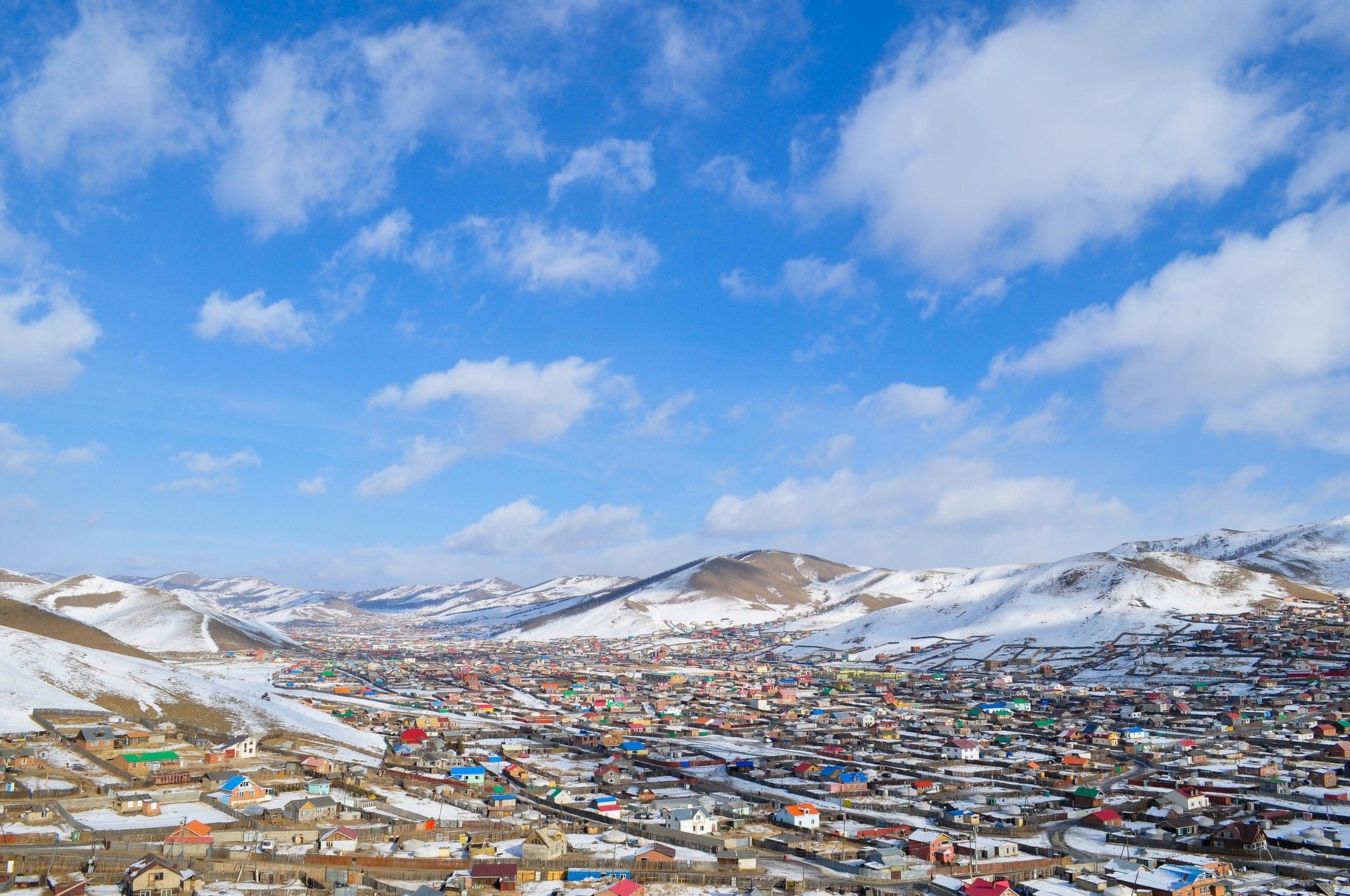
The creation of eco-districts forms the core of the large-scale initiative called the "Ulaanbaatar Green Affordable Housing and Resilient Urban Renewal Sector Project" that aims to provide sustainable and comprehensive solutions to transform the highly vulnerable, highly emitting, and polluting "ger" areas (gers are traditional Mongolian tents) into affordable, low carbon, climate-resilient, and livable areas. Ulanbaataar experiences incremental growth and migration, leading to informal districts, and thus hotspots of greenhouse emissions and air pollution, mainly due to the widespread use of coal for heating and cooking. The project's five phases will deliver about 20 eco-districts or sub-projects with thousands of social housing units along with key infrastructure such as roads, water, sewerage, heating pipes and green houses for urban farming as well as public and green spaces, among many other solutions.
